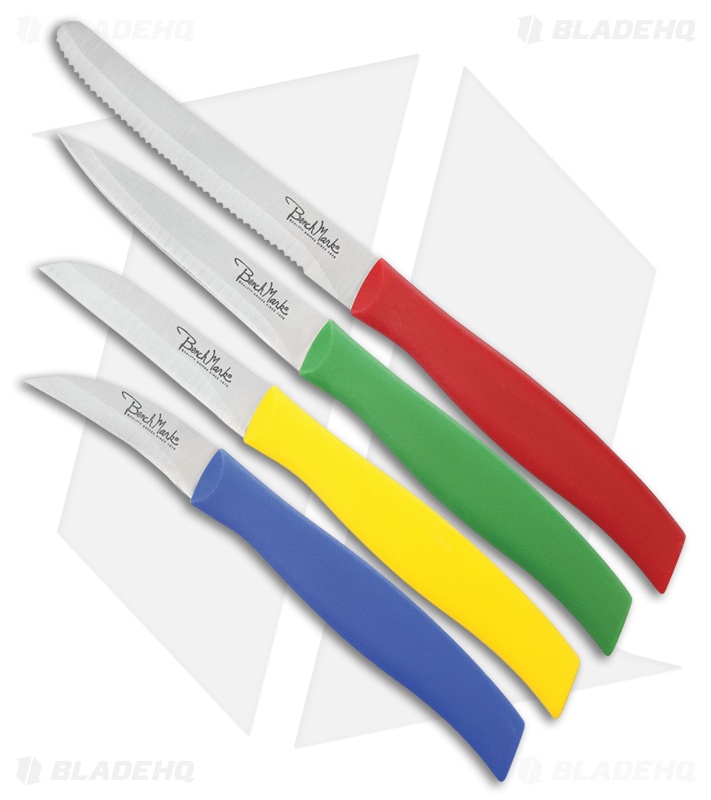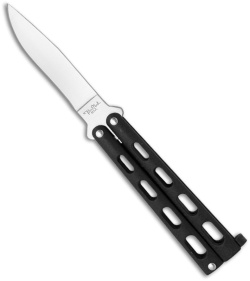

According to de Asis, keeping production local is also why Benchmade routinely wins weapons industry awards and why the company was a 2007 finalist in a family-business awards program run by Oregon State University’s College of Business.īenchmade isn’t alone. Benchmade now has 150 employees and is hiring more. As a result, Benchmade knives are so popular with hunters, police officers and enthusiasts that sales are growing in triple digits and annual revenue has pushed past $30 million. That allows the company to roll out new products and fill orders faster. Instead, the family decided to keep the majority of its production in Oregon - a decision they say has been the key to their success.īy keeping manufacturing local, Benchmade has more control over raw materials, production and employee training, Les de Asis says. In fact, some low-end products are made there, though they comprise just 3% of sales. Benchmark owner and founder Les de Asis on the assembly floor.īenchmade could make knives in China. Finish workers package knives in color-coded boxes: red for the least expensive up to gold for the most.

Master sharpeners hone blade edges just so. Assemblers attach finished blades to knife handles and embellish them with accessories. In the factory, state-of-the-art robots burn knife blades out of premium-grade stainless steel and titanium. Today, Benchmade’s 45,000-square-foot facility is bursting, with close to 90 machinists, assemblers and other factory workers producing high-end knives that sell for as much as $2,000.

When Les de Asis shows a visitor the carbon dioxide lasers and computer-controlled machines in the factory of his Oregon City company, Benchmade Knife Co., he’s like a proud father showing off his kids.ĭe Asis and his wife Roberta started making pocket knives and hunting knives 17 years ago in a 2,000-square-foot space. MADE IN OREGON Josh Powell works on a Gold Class Benchmark knife.Ĭompanies find it pays to keep manufacturing local.


 0 kommentar(er)
0 kommentar(er)
